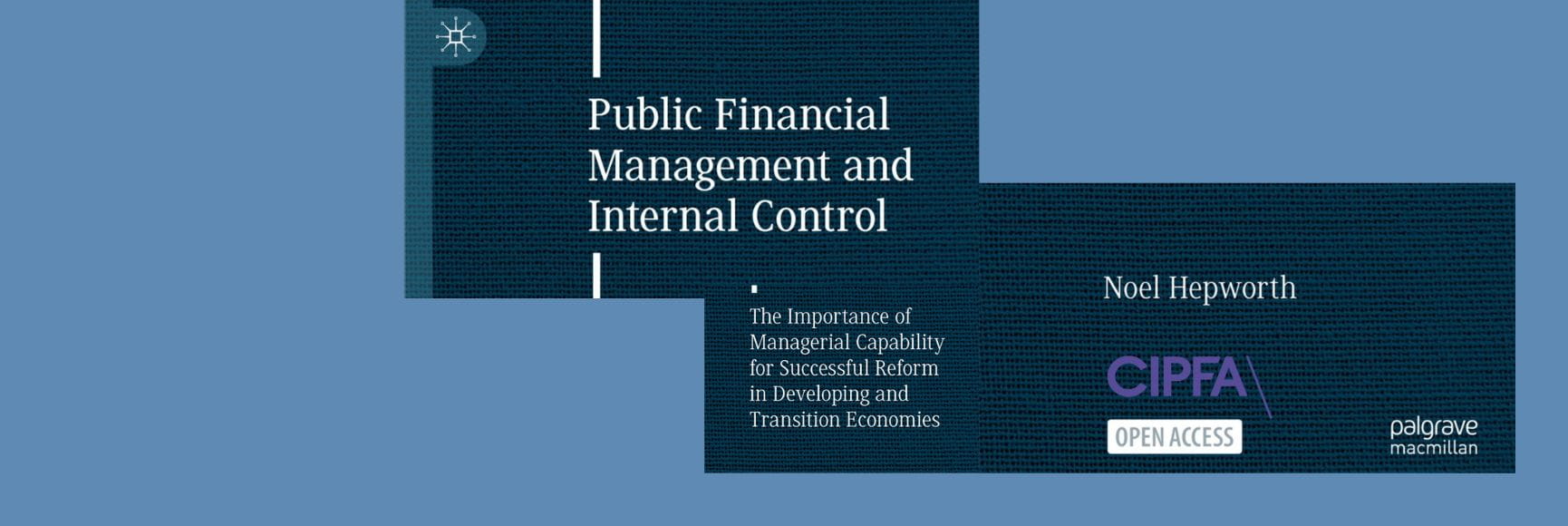Posted by Guilhem Blondy and Kris Kauffmann
In advising countries on the appropriate government accounting reforms PFM specialists often have different views. Developing countries are often encouraged to adopt the cash-IPSAS standard as a first step to modernizing government accounting; others see this as a detour to improving accounting practices. Our colleagues Kris Kauffmann and Guilhem Blondy discuss this issue, first disagree and then reach tentative agreement…it seems. Comments welcome!
Guilhem. In my view, the adoption of the cash-IPSAS standard tends to distract developing countries from more important accounting reforms rather than to help them:
- the mandatory requirements of the cash-IPSAS do not fulfill minimum standards of fiscal transparency: no disclosure of any kind of assets and liabilities is required (even if it is encouraged); budgetary reporting is only an optional feature;
- the mandatory requirements insist on quite impractical reporting features (consolidation of all central government and controlled entities, including public corporations). Such requirements may be desirable at a later stage, but will be quite challenging, and might thus not be the first priorities in accounting reforms;
- one specific mandatory requirement (the separate presentation of payments and receipts made by the reporting entity itself and those processed by a third parties—e.g., donors—on its behalf) is probably not even desirable, as this specific presentation is found only in the cash-IPSAS standard and does not exist in the cash-flows statements prepared according to generally accepted accounting principles (including accrual IPSASs) or GFS Manual 2001 (GFSM 2001);
- finally, the indicative presentation of the statement of cash receipts and payments included in the standard does not distinguish between flows from operating and financing activities. This is not in line with the IMF‘s GFSM2001 reporting standards, nor with generally accepted accounting principles.
Kris. But what is the alternative? What would you advise to a developing country?
Guilhem. A basic reporting model for a low-income country could include:
- quarterly and annual budgetary reports on cash basis or on a modified cash basis for specific items for which the parliament wishes to have specific controls (e.g., multiyear commitments);
- as main consolidated financial reports, a cash flow statement distinguishing operating, investment, and financing activities according to the GFSM2001 classification, and elements of a balance sheet (at least financial debt, payables and receivables, if possible financial assets) produced by an integrated double-entry bookkeeping system, with at least the same coverage as the budget, with an annex reconciling the budgetary statement and the financial statement, if the bases of accounting or the scope are different;
- statistical tables with a presentation harmonized with the financial reports (cash flow statement and financial balance sheet) but covering at least the central government.
Kris. I broadly agree with your basic reporting model. Though, I consider that it might be possible to merge these into a single (maybe two different) reports that can be used for various purposes (budget execution reporting, financial statements, and statistical presentation). What concerns me from a practical perspective is that the country would need (certainly benefit greatly from) some standards to apply.
Yes, there are issues with IPSAS-cash basis but my view is that, in the absence of a clear alternative, they form a good foundation, and can be useful if modified (or added to) as appropriate with very simple local procedures (regulation, law, instruction) that require their adoption but with: GFS classification & cash flow statement structure, financial balance sheet, reporting central government and public corporations sectors separately where available, physical asset listing (using a basic costing) if available, and reporting actuals against budget. My understanding is that none of these breach the underlying cash based standard, with the exception that most countries cannot consolidate public corporations so will just show central government.
Such an implementing procedure would avoid the problem of countries being left to draft their own accounting standards (simply not possible in most jurisdictions) or trying to pick and choose from the various accrual IPSASs those elements which support a mainly cash-based reporting structure (that you outline) without them getting completely lost (highly likely!).
Guilhem. I agree that nothing in the cash-IPSAS standard prevents using the double-entry bookkeeping method, or producing a budgetary report and financial balance sheet in addition to the cash flows statement; and nothing forbids a country to use the GFSM 2001 presentation of the cash flows statement instead of the indicative presentation provided in the standard.
It is therefore possible to consider the adoption of the reporting model above as a partial adoption of cash-IPSAS (except for the scope of reporting), with some additional disclosures.
However, I feel that the cash-IPSAS gives too much weight to some requirements that are not essential (like requiring a consolidated statement including public corporations or distinguishing payments by third parties), while presenting as only facultative some basics (like budgetary reporting or reliable information on financial debts and payables).
Kris. I can understand why you have some concerns about the emphasis on third party payments in IPSAS-cash. From my practical experience though, this is a problem faced by many countries with high donor dependency reporting on a cash basis. I actually found the standard quite useful in this regard when grappling with this problem. From memory it requires (certainly allows) these third party payments to be presented separately and thus does not mess up the reconciliation between cash stocks and flows.
Guilhem. Yes, maybe a way to solve the issue would be an update of the cash-IPSAS standard with a modification of the suggested presentation of the cash-flow statement, including the question of third-party payments, a more realistic approach regarding the scope of reporting, and the inclusion of some of the currently optional disclosures in the mandatory requirements.
Note: The posts on the IMF PFM Blog should not be reported as representing the views of the IMF. The views expressed are those of the authors and do not necessarily represent those of the IMF or IMF policy.







